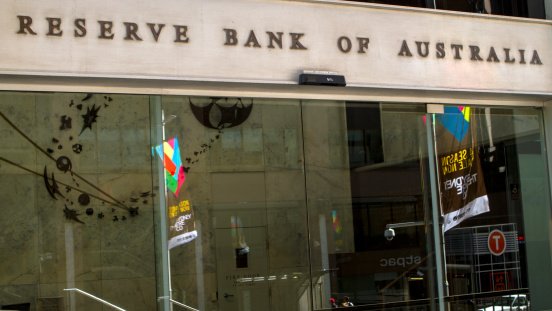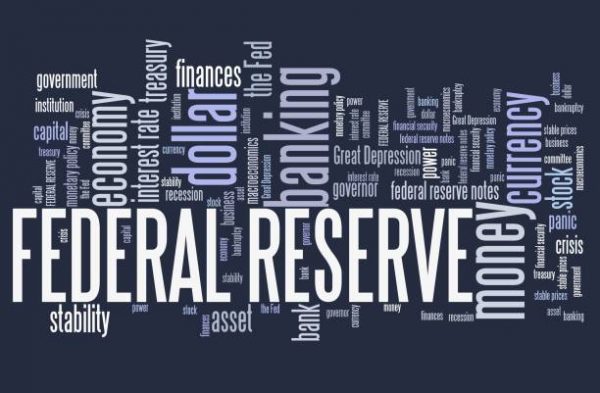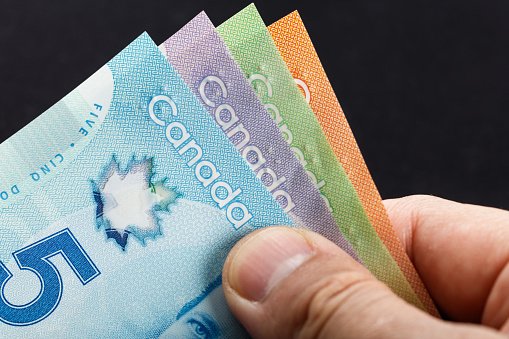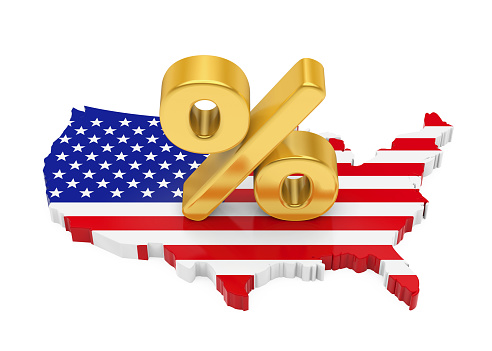Futures are financial contracts obligating the buyer to purchase an asset or the seller to sell an asset, such as a commodity or financial instrument, at a predetermined future date and price.

 | | Term of the Day | Words to Know | | |  | | Futures | Futures are derivative financial contracts that obligate the parties to transact an asset at a predetermined future date and price. Here, the buyer must purchase or the seller must sell the underlying asset at the set price, regardless of the current market price at the expiration date.
Underlying assets include physical commodities or other financial instruments. Futures contracts detail the quantity of the underlying asset and are standardized to facilitate trading on a futures exchange. Futures can be used for hedging or trade speculation. | | Read More » | | SPONSORED BY INVESCO | | The Complete Guide to ETFs | | ETFs are becoming increasingly popular and soaring to new heights among investors. Invesco's insights can help you determine if these investment vehicles are right for you. | | Learn More » | | | Futures Exchange | | A futures exchange is a central marketplace, physical or electronic, where futures contracts and options on futures contracts are traded. | | Read More » | | | Leverage | | Leverage results from using borrowed capital as a source of funding when investing to expand a firm's asset base and generate returns on risk capital. | | Read More » | | | Initial Margin | | Initial margin refers to the percentage of a security's price that an account holder must purchase with available cash or other securities in a margin account. | | Read More » | | | | | | CONNECT WITH INVESTOPEDIA | | | | | | | |














/AdobeStock_292248454-fe5fa10102864bb7b281b867fd931f0b.jpeg)
/istock_000089059209_medium_1.mosman.sydney.australia.cropped-5bfc3ce8c9e77c00587b6a39.jpg)

/thinkstockphotos_80410231-5bfc2b97c9e77c0026b4fb20.jpg)
/business_building_153697270-5bfc2b9846e0fb0083c07d69.jpg)
/insurance-5bfc3074c9e77c005877f32f.jpg)
/thinkstockphotos461251551-5bfc3b1446e0fb0083c48d56.jpg)
/rbv2_53-5bfc2b8ac9e77c0058770499.jpg)


